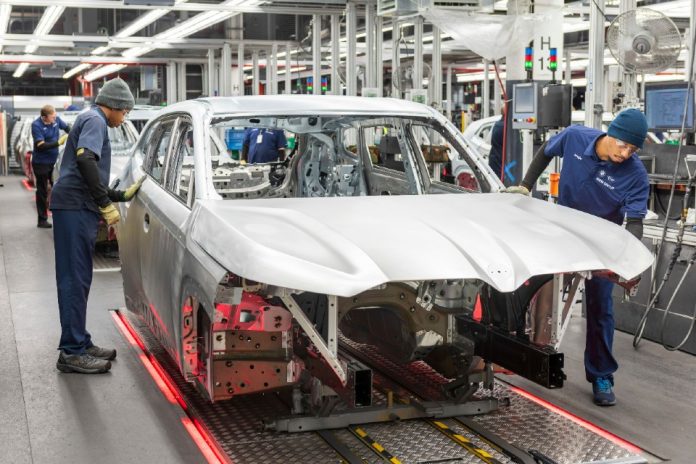The BMW Group intends to source aluminium with significantly reduced CO2 emissions from Rio Tinto’s hydro-powered operations in Canada starting in 2024 and has signed a memorandum of understanding to this effect. Compared to conventionally manufactured aluminium, this approach can save around 70 percent of CO2 emissions. The planned supply volumes will be used exclusively in vehicle production at BMW Group Plant Spartanburg in the US state of South Carolina, in body components like the bonnet, for instance.
“We have clear goals for lowering CO2 emissions in the supply chain. By using innovative materials, we can reduce our vehicles’ carbon footprint – even before handing them over to customers. The agreement to supply low-carbon aluminium is based on several pillars: in addition to hydroelectric power and a high percentage of secondary material, we also want to lead the automotive industry by ramping up our use of aluminium with no direct CO2 emissions from the smelting process,” explains Joachim Post, member of the Board of Management of BMW AG responsible for Purchasing and Supplier Network.
In addition to the carbon-free process, the agreement also covers aluminium alloys produced using electricity from renewable energy sources, with CO2 emissions that are only a third of the industry average. The aluminium production facilities in Quebec run almost entirely on electricity from six local hydroelectric power stations. As a further contribution to resource conservation, recycled content will be mixed in with the end product to potentially reach up to 50 percent secondary material.




